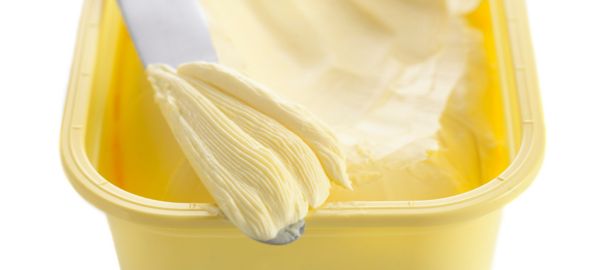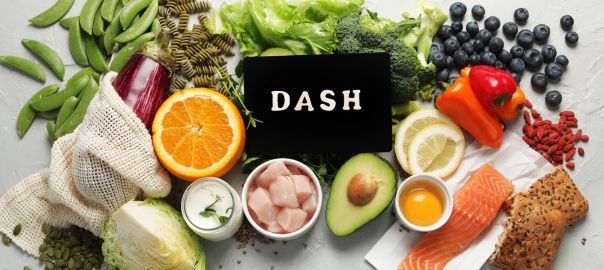A recent question came in from Eden asking what I thought about the DASH diet. DASH stands for Dietary Approaches to Stop Hypertension.
Here is my reply:
I think the concept of the diet is certainly a good one; low sodium (most of us eat too much already) and lots of lean protein, fresh veggies, fruit, and whole grains. This is the basis of a good dietary approach for all of us. However, I do not believe that DASH goes far enough.
Concerns About Low Fat and Healthy Fats
One issue I have with the DASH diet is its focus on low fat. While reducing fat intake can be important for many people, the emphasis should be on the types of fats we consume. I do not consider margarine or other fake fats to be healthy choices. Instead, using healthy fats, as I wrote about [here], in moderation is a much better option than relying on trans fats.
The Importance of Fiber for Blood Pressure
Another concern is that the diet does not specifically address how increased fiber content can help lower both blood pressure and cholesterol. A study published in the
Journal of the American College of Nutrition showed that "bean consumers had lower systolic blood pressure in comparison to non-consumers." Incorporating beans and other high-fiber foods is essential for everyone and can be particularly beneficial for reducing blood pressure.
Holistic Considerations: Stress and Relaxation
The DASH diet does promote exercise but falls short in addressing stress management and other holistic concerns. Teaching people how to breathe or engage in active relaxation techniques has been proven to lower blood pressure. Practices like meditation, Qi Gong, Yoga, and other mindful exercises also offer techniques that help reduce blood pressure.
Lastly, the DASH diet does not mention or strongly promote foods that are specifically helpful for lowering blood pressure, such as garlic, onions, hibiscus, and foods rich in magnesium and potassium. Nor does it caution against foods that can raise blood pressure, which I wrote about [here].
Overall, I think the DASH diet is a good starting point for lowering blood pressure, but there are additional changes and considerations that can further enhance its effectiveness.



